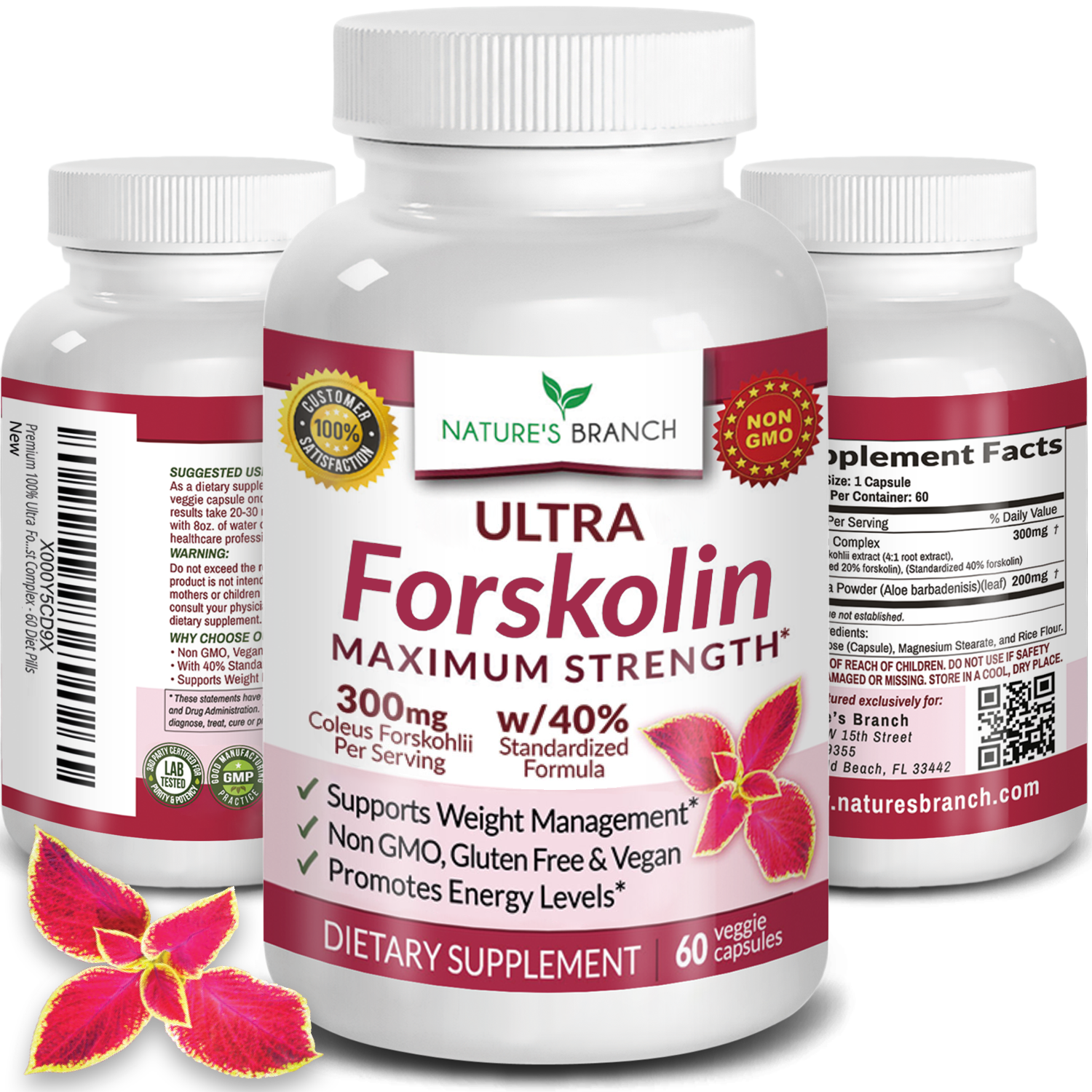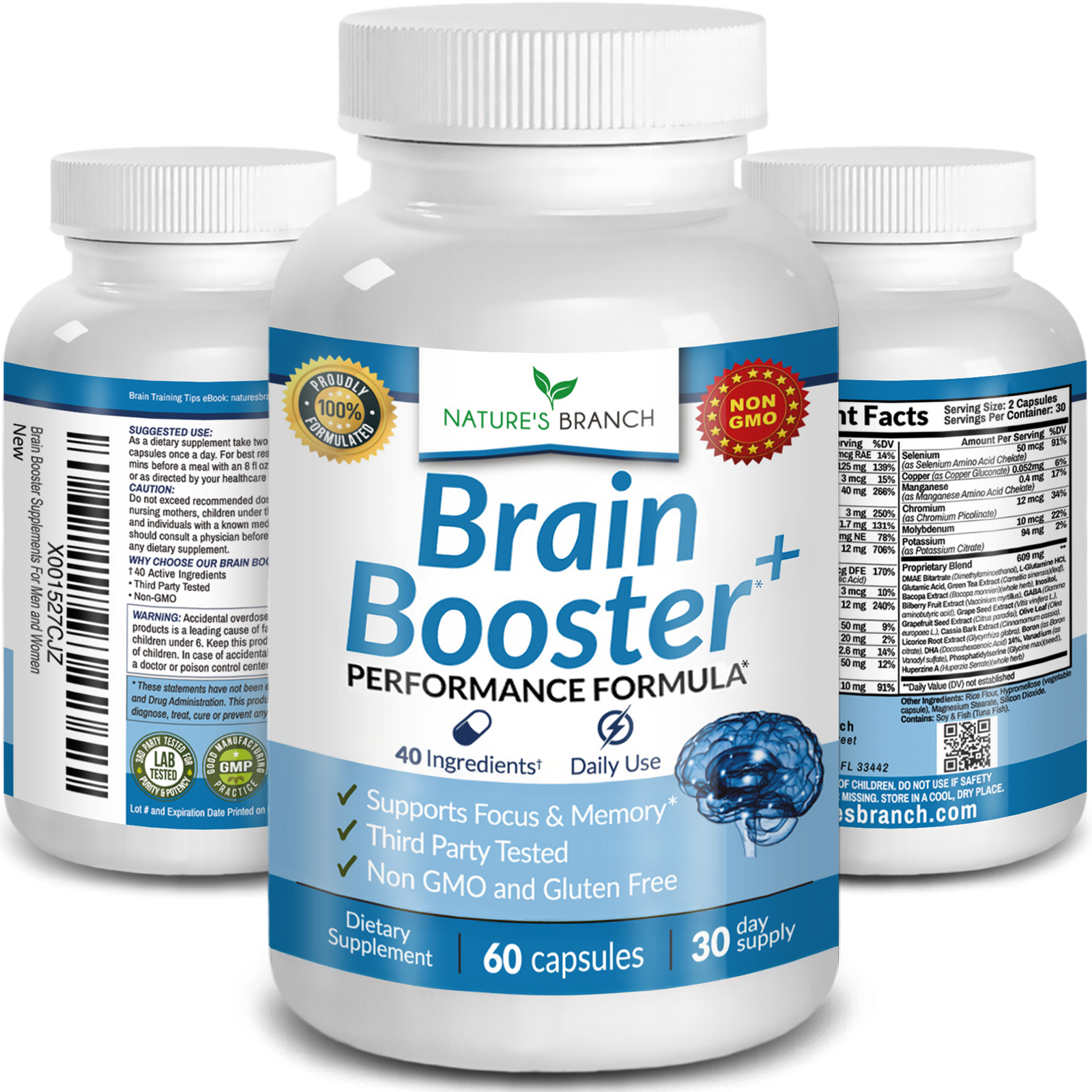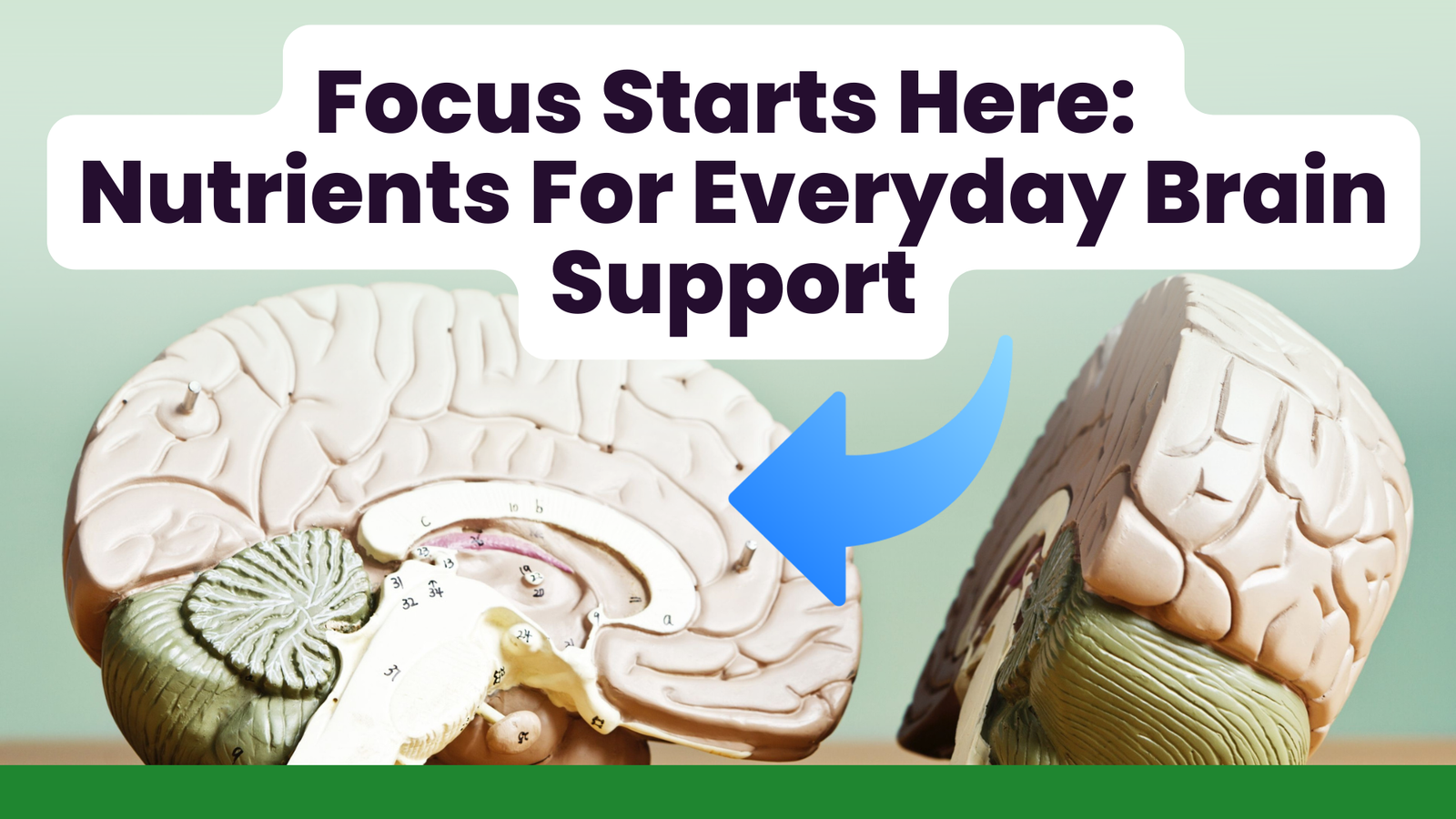Is it possible to have too much of a good thing? The answer is YES.
Sleeping is one of the primary activities in a daily routine of individuals. It is needed for one to recharge after a tiring day. However, inappropriately doing it may be a risk both in mind and body. Quality rest or “just the right” amount of sleep, on the other hand, helps a person to perform his/her daily functions, stabilize his/her emotions and cope up with changes.
For the most part, many people may not be familiar with insomnia (lack of sleep)
however it can affect individuals of different age ranges. On the same note, there’s one thing that we need to closely look at when discussing “sleep”--- HYPERSOMNIA.
Hypersomnia, or “oversleeping” in layman’s term, is a neurological disorder when
someone tends to spend excessive time sleeping. This can explicitly cause distress as well as problems with the body and mind.
What Is The Standard Amount Of Sleep?
Duration of sleep varies over the course of your lifetime. Age and activity levels including a healthy lifestyle and habits influence the required amount of sleep of an individual. In such instances where a person is undergoing stress, depression or illness, an increased amount of sleep might be needed. However, even though sleep differs from person to person, it is recommended that adults between ages 18 to 64 should take advantage of sleep for 7-9 hours every day.
There may be times where you sleep a little more on the weekends and it’s probably not a big deal. The thing is, if you have been regularly sleeping more than 9 hours each night but feeling not well-rested, there’s something you may need to have a closer look at.
How Does Oversleeping Impact Your Body
It is essential to understand that when we sleep, most of our organs also take
advantage of it as their resting period. Overdoing it may damage your organs in a long-run.
Oversleeping has seen to also be one of the major factors in elevated mortality rates and diseases. Below are the top effects of Hypersomnia:
- Depression
- Increased pain and inflammation
- Higher risks of diseases such as diabetes, heart-related illness and stroke
- Higher risk of obesity
- Cognitive malfunctions (memory and cognitive functions)
How to Combat Oversleeping
Effective Morning Routine
Everyone has experienced snoozing their alarm during morning. Though it is tempting to press that snooze button for a few extra minutes of sleep, it can just make you feel more tired. Sleep experts recommend getting an alarm clock without snooze options.
It may be helpful as well to put your alarm far from your bed so it will force you to get up and switch it off. A graduating-light alarm clock is also a good option as it grows progressively brighter as it gets closer to your wake up time.
While alarm clocks offer the best solution for waking up, try to train your body clock to get up without the help of an alarm in the long term.
Proper Sleep Habits
Creating a sleep schedule will keep you aware of the time of the day. Your sleep ideally should range around 7 to 9 hours only. In addition, it is recommended for you to turn off all electronics a few hours before the bed.
While for many people it is usual to watch TV until they are sleepy, it is best to limit this as light from these devices can stimulate the brain and suppress the production of melatonin (the sleep enzyme). Melatonin is best produced when your body is in a dark, cool and quiet place so it’s highly recommended to turn off your room lightings and if you are not used to it, lessen or dim them.
As an alternative, you can do relaxing activities such as make a warm bath, read a good book or even partake in quite conversation with your partner. These activities will trigger your brain and body to be relaxed and consequently, you tend feel sleepier.
Furthermore, afternoon naps should be done before 3 PM as it won’t interfere with your night’s sleep. If you are new to adjusting your sleep habits, a sleep journal may be helpful where you record any sleep habits you encountered every night, how long you have been asleep or if you took remedies to help you fall asleep.
Moderate Intakes
Caffeine, coming from coffee, cola, chocolate and non-herbal teas stimulate a person to stay awake. Although some people find caffeine intake to be helpful, it is recommended not to take this 4-6 hours before your scheduled bed time.
On the same note, alcohol intake may also cause individuals to encounter hard times falling asleep. While others find drinking small amounts advantageous, avoid consuming alcohol at least 1-2 hours before bed time to make sure you get a good night sleep thus, preventing oversleeping.
It is also significant for one to know that sleeping pills are just temporary solution.
Consuming these in a consistent manner might cause sleep issues in a long the run.
Achieve Healthy Lifestyle
Whilst there are a lot of ways on how to combat hypersomnia, it is still best for one to maintain a healthy lifestyle. There is a huge correlation of sleeping “just right” to the overall health status on an individual.
As usual, one should maintain a balanced diet and proper exercise. If the body has energy to be used in all of our daily functions, it will not be too exhausted and too eager to get a good rest thus, avoiding the possibility of being overslept.
Supplements may also help as they can support strengthening the immune system and regular check-ups with health professionals is always a must, especially if you’re encountering challenges with sleeping.
As the saying goes, lacking or even excessing on one thing may be bad for you. Along with many aspects of an individual’s health, sleep also needs to be “just-right” to ensure optimal health and achieve a sound mind and body. Remember that moderation is always the key for your wellbeing.










Leave a comment (all fields required)